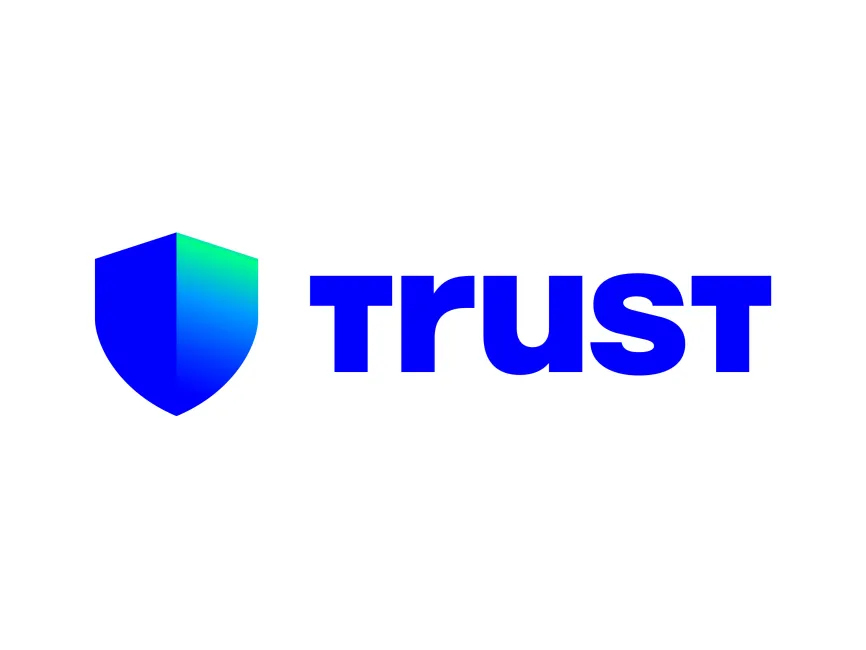Ever tried juggling multiple crypto wallets across different chains and browsers? Yeah, me too. It’s like herding cats—frustrating and messy. Wow! The whole experience feels outdated, considering how fluid DeFi has become. So, naturally, I was digging around for a solution that could streamline this chaos. What I found surprised me, especially the role browser extensions play in syncing wallets seamlessly across chains.
Here’s the thing. When you’re hopping between Ethereum, Binance Smart Chain, Polygon, and maybe a dozen others, each with its own wallet or app, it gets exhausting fast. I mean, who wants to constantly import private keys or switch apps? My instinct said there had to be a smarter way—something native to the browser environment that doesn’t sacrifice security or usability.
Initially, I thought, “Okay, just another browser extension, probably clunky and insecure.” But then I stumbled upon the concept of wallet synchronization that isn’t just about linking accounts but actually syncing your preferences, tokens, and even transaction history across devices. That was an aha! moment.
Seriously though, syncing wallets via extensions is a subtle art. It’s not just tech wizardry but a dance of trust and convenience. You want your assets accessible everywhere but locked tight from prying eyes. Naturally, I had to test this out firsthand.
One extension that kept popping up in forums and conversations was the trust wallet extension. I know, the name sounds generic, but don’t let that fool you. It’s actually a pretty slick tool that handles multi-chain DeFi access without making you jump through hoops.
Okay, so check this out—once you install the extension, it syncs your wallet across browsers and devices through encrypted backups, so no more tedious wallet imports or exports. The first time I logged in on my laptop after setting it up on my desktop, all my tokens and balances were just there. No fuss. That’s a huge time saver.
But wait—there’s more. This isn’t just about convenience. The extension interfaces directly with various DeFi platforms, so you can swap tokens, stake, or provide liquidity without ever leaving the browser. This level of integration blew me away because it felt so seamless and fast. I wasn’t bouncing between apps or wallets, and that’s a huge UX win.
On one hand, browser extensions have had a bad rap for security issues. Though actually, with the right cryptography and isolated environments, many have stepped up their game. The trust extension uses non-custodial vaults, meaning your private keys never leave your device, which gave me some relief. Still, I’m cautious, always double-checking permissions.
Something felt off about the idea at first—how can syncing not expose you to hacks? But the more I read, the more I realized that the best extensions are designed around zero-knowledge principles. They synchronize without actually revealing your keys anywhere. It’s like having a personal safe that only you can open, but the safe exists on every device you use.
Here’s what bugs me about some other solutions: they either require centralized servers or cloud backups, which introduces risk. The beauty of a well-designed browser extension syncing wallets is that it leverages local encryption and peer-to-peer sync mechanisms. That’s not trivial tech; it’s the kind of stuff you don’t notice until it fails—which it usually doesn’t if done right.

So, what about multi-chain support? That’s the whole point for DeFi users today. The ecosystem isn’t just Ethereum anymore. The trust extension supports a laundry list of chains, from BSC to Avalanche to Solana. That means you can manage all your assets under one hood without hopping around. Honestly, that was a relief after juggling Binance Smart Chain on one wallet app and Ethereum on another.
One interesting tidbit—I noticed the extension also dynamically updates tokens and contract info, which is crucial because DeFi is evolving so fast. Token standards get upgraded, new chains pop up, and if your wallet doesn’t keep up, you’re stuck in the past. This extension’s sync feature helps keep everything current across devices, reducing the risk of missing out on new opportunities or worse—losing access.
On a personal note, I’m biased but I prefer browser extensions over mobile wallets for my day-to-day DeFi activities. Why? Because desktop browsers handle complex interactions better, and I can multi-task with multiple tabs. Plus, syncing across devices means I’m not locked to one machine. I can start a staking operation on my desktop then finish it on my laptop without missing a beat.
Still, I’m not 100% sure if this approach is perfect for everyone. There are nuances. For one, syncing via extensions assumes you trust the extension developer and the underlying tech. And let’s be honest—there’s always some risk in any software handling private keys. So, you gotta weigh convenience versus security carefully.
Another thing to keep in mind is browser choice. Not all browsers support the same extension APIs, and some chains have quirks in how they interact with wallets. So, you might have to tinker a bit depending on your setup. But honestly, this is less pain now than it was a year ago.
What’s next for wallet synchronization tech? I’m curious about how decentralized identity (DID) and cross-chain messaging protocols will mesh with these extensions. Imagine an extension that not only syncs your wallet but also your DeFi profiles and reputations across chains. That’d be something.
Oh, and by the way, if you’re diving into this space, do yourself a favor and check out the trust wallet extension. It’s not perfect, but it’s hands down one of the better multi-chain wallet sync tools I’ve used. Plus, it’s free and open source, which is always a good sign in this space.
In the end, wallet synchronization through browser extensions feels like the missing puzzle piece for multi-chain DeFi to become truly user-friendly. It’s not just about managing assets—it’s about empowering users to navigate the complex DeFi landscape without losing their minds. And that? That’s worth a closer look.













